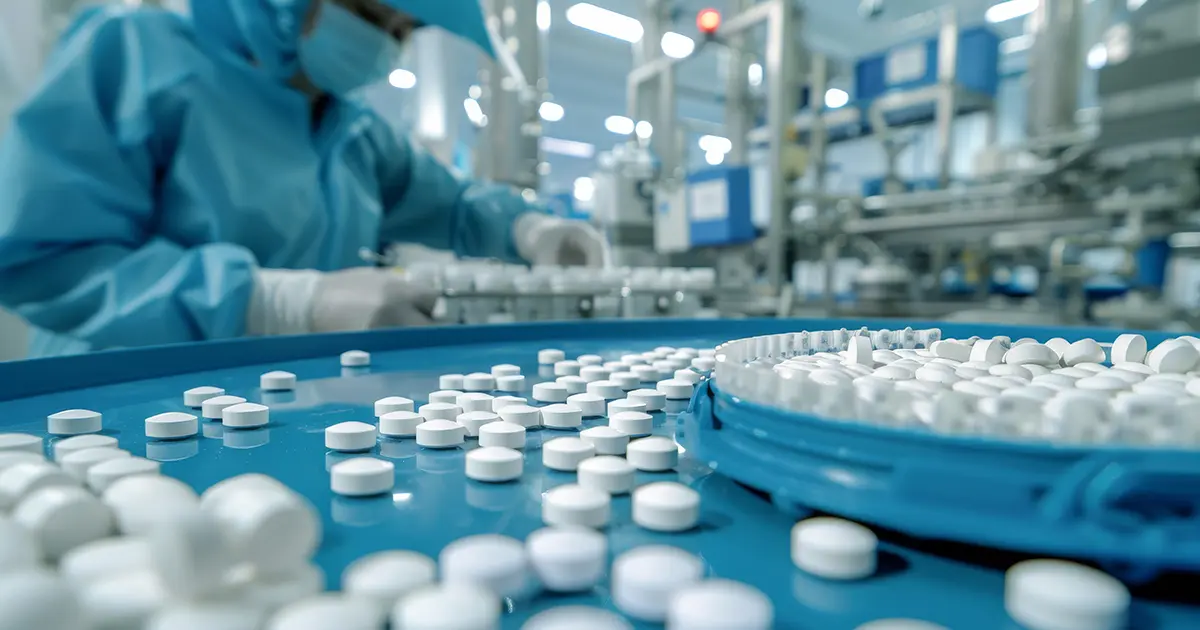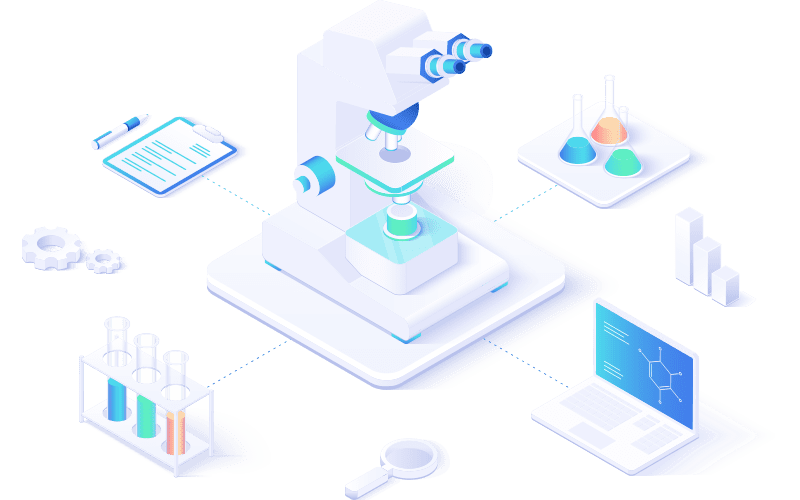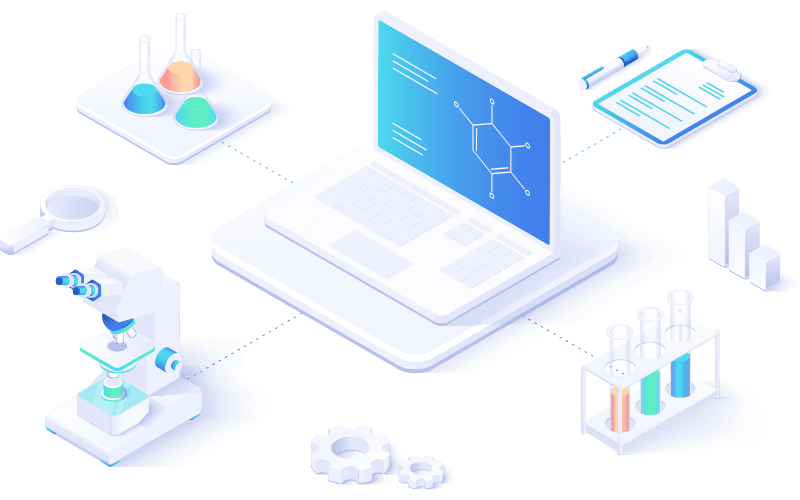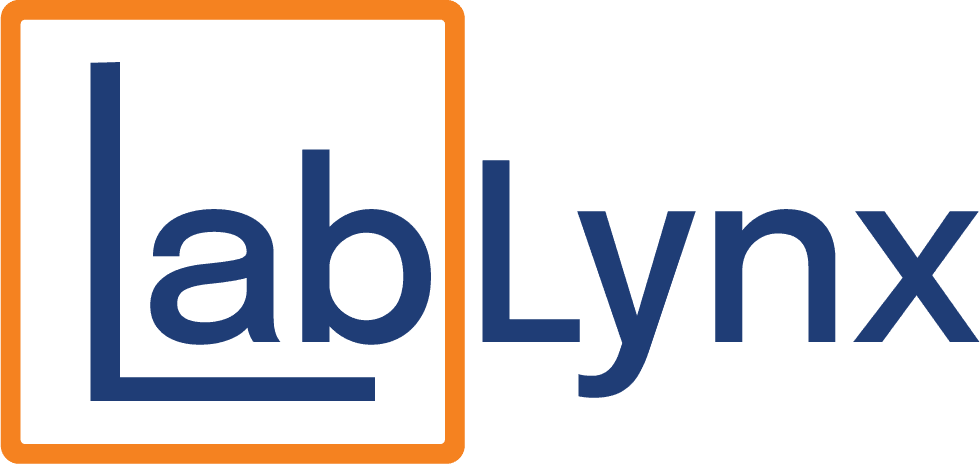
For laboratories supporting product development, quality control, or regulatory testing in industries like pharmaceuticals, biotechnology, medical devices, and cosmetics, Good Manufacturing Practice (GMP) is not just a guideline—it’s a legal and operational imperative. GMP ensures that every product leaving your facility meets the highest standards of quality, consistency, and safety. Without it, even the most scientifically sound processes can lead to risk, recalls, or regulatory rejection.
At its core, GMP is about reducing variability, enforcing accountability, and maintaining complete control over all processes that impact product quality. In this guide, we’ll explore what GMP is, what it looks like in a lab environment, how to achieve compliance, and how LabLynx laboratory software can play a crucial role in supporting your GMP efforts from end to end.
What Is Good Manufacturing Practice (GMP)?
GMP (Good Manufacturing Practice) is a set of internationally recognized guidelines designed to ensure that products are consistently produced and controlled according to established quality standards. These practices are enforced by agencies like the U.S. Food and Drug Administration (FDA), the European Medicines Agency (EMA), and the World Health Organization (WHO).
GMP regulations cover all aspects of production—from raw material sourcing and facility cleanliness to personnel hygiene, equipment calibration, process validation, and documentation. In the context of laboratories, GMP applies to any testing, data generation, or support activity that influences the safety, identity, strength, purity, or quality of a manufactured product.
What GMP Compliance Looks Like in the Laboratory
GMP compliance transforms a laboratory into a controlled, validated, and quality-driven environment. It ensures that test results are accurate, repeatable, and auditable. Here’s how it plays out in real-world lab operations:
Standard Operating Procedures (SOPs): Every activity in a GMP-compliant lab must be governed by a written SOP. These procedures are developed, approved, and reviewed regularly to ensure consistency and control in lab workflows.
Personnel Training and Hygiene: Lab staff must be trained in GMP requirements and their roles in quality assurance. Training must be documented, and hygiene standards such as gowning, handwashing, and protective gear must be enforced based on the lab’s classification.
Validated Equipment and Instruments: All analytical equipment used in testing must be qualified, calibrated, and maintained according to predefined schedules. Equipment records must be maintained to demonstrate performance reliability.
Controlled Documentation: Data integrity is essential under GMP. All records—paper or electronic—must be legible, attributable, contemporaneous, original, and accurate (ALCOA principles). Electronic records must include audit trails and secure access controls.
Environmental Monitoring: Labs must control and monitor environmental conditions such as temperature, humidity, and air quality to prevent contamination and ensure consistent testing conditions.
Sample and Reagent Management: Every sample, standard, and reagent must be labeled, tracked, and stored appropriately. Usage logs, expiry dates, and chain-of-custody documentation are required.
Quality Control and Deviations: All test results must be reviewed, approved, and any deviations from expected outcomes must be documented and investigated. CAPA (Corrective and Preventive Action) processes must be in place to address nonconformances.
Key Requirements of GMP in the Laboratory
- Written Procedures: SOPs and protocols must govern all laboratory operations.
- Training Records: Employees must be trained and qualified for their tasks, with records to prove it.
- Clean and Controlled Environment: Facilities must be maintained to prevent contamination and errors.
- Validated Equipment: Instruments must be calibrated and validated for use.
- Document Control: All records must be traceable, secure, and accurate.
- Change Management: Any change to processes or systems must be evaluated, approved, and documented.
- Internal Audits: Labs must regularly assess compliance through audits and inspections.
How to Achieve GMP Compliance in Your Lab
- Understand Regulatory Expectations: Familiarize yourself with FDA CFR 21 Parts 210 and 211, EMA Annex 11, and other relevant guidance documents.
- Develop a Quality Management System (QMS): Establish a formal system that includes SOPs, training, documentation, audits, and CAPA processes.
- Implement Lab Software that Supports GMP: Use a LIMS platform like LabLynx that provides secure data management, audit trails, and SOP enforcement.
- Train Your Team: Conduct ongoing GMP training and competency evaluations for lab staff.
- Validate Your Processes: Ensure that methods, equipment, and software are validated for their intended use.
- Monitor Continuously: Use metrics, reviews, and internal audits to measure ongoing compliance and identify areas for improvement.
Common Challenges with GMP Compliance
- Paper-Based Documentation: Manual records are prone to errors, loss, and noncompliance with ALCOA principles.
- Inconsistent SOP Adherence: Deviating from procedures can invalidate results and trigger regulatory findings.
- Lack of Training Documentation: Even trained employees can be flagged if their training isn’t documented properly.
- Unqualified Equipment: Using equipment without proper calibration or validation is a common GMP violation.
- Poor Data Integrity Controls: Inadequate electronic system security or lack of audit trails can jeopardize compliance.
How LabLynx Supports GMP Compliance
LabLynx offers a powerful, configurable laboratory information management system (LIMS) purpose-built to support GMP compliance. Our software helps laboratories maintain complete control over data, documentation, workflows, and equipment—while ensuring full traceability and audit-readiness.
- SOP Enforcement: Workflows are tied to SOPs to ensure consistent, approved procedures are followed.
- Audit Trails and ALCOA Compliance: Every action is logged with user IDs, timestamps, and change reasons to support data integrity.
- Training Management: Track and verify staff training records and qualifications within the platform.
- Validated System Architecture: LabLynx provides documentation and support for system validation and compliance testing.
- Secure Electronic Records: Protect sensitive data with role-based access, encrypted storage, and automated backups.
- Equipment and Inventory Tracking: Schedule calibration, maintenance, and log equipment use in real time.
Build Quality and Trust into Every Lab Result
GMP is the foundation of quality and compliance in regulated laboratories. It builds trust—with regulators, stakeholders, and ultimately, the patients or consumers your products serve. LabLynx empowers your team to work with confidence, knowing your systems and processes are aligned with the most demanding GMP requirements.
Whether you’re preparing for a regulatory inspection, modernizing your lab operations, or scaling up quality control testing, LabLynx helps you stay compliant, efficient, and audit-ready.
Ready to Simplify and Strengthen GMP Compliance?
Request a demo or connect with our compliance team today to explore how LabLynx can support GMP in your lab.
Accelerate Your Lab's Success & Experience LabLynx
"*" indicates required fields
Explore the LabLynx Suites

LIMS Suite
Seamless Sample and Workflow Management
The LabLynx LIMS Suite empowers laboratories with the tools needed to manage samples, workflows, compliance, and more in one centralized system. It’s the backbone for labs seeking efficient, reliable, and scalable management solutions.

ELN Suite
The LabLynx ELN Suite offers a modern approach to managing lab data and experiments. With its secure, intuitive platform, your team can record, store, and collaborate effortlessly, supporting innovation every step of the way.

Lab Automation
Automate for Efficiency and Growth
Streamline operations and boost productivity with the LabLynx Lab Automation Suite. Designed for labs ready to embrace advanced automation, this suite integrates systems, instruments, and workflows to deliver efficiency at scale.

